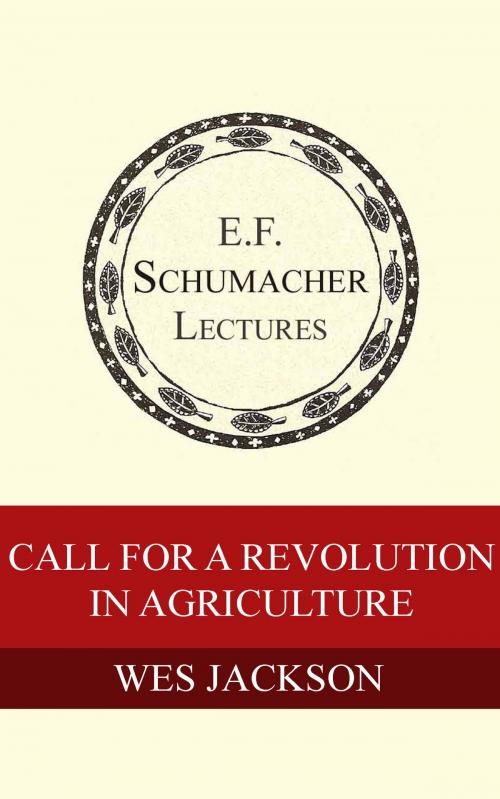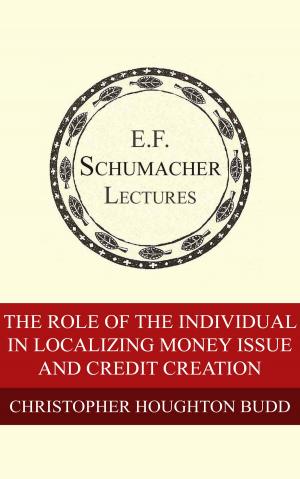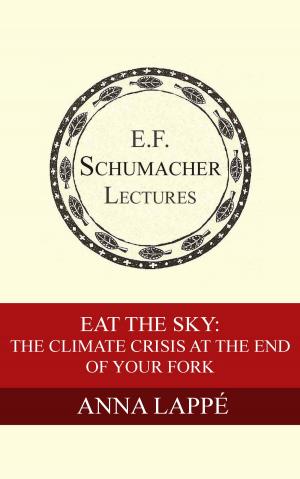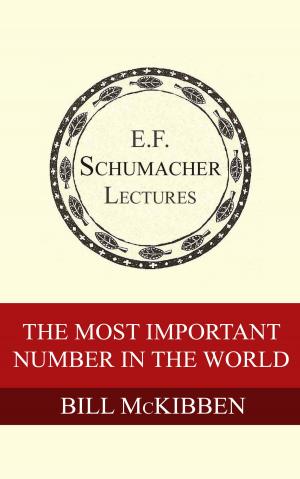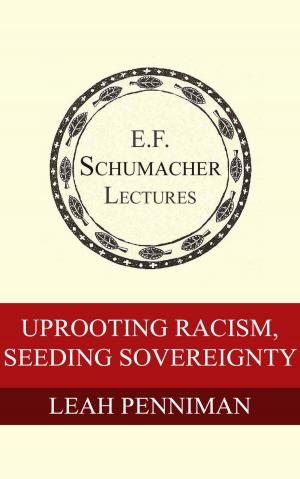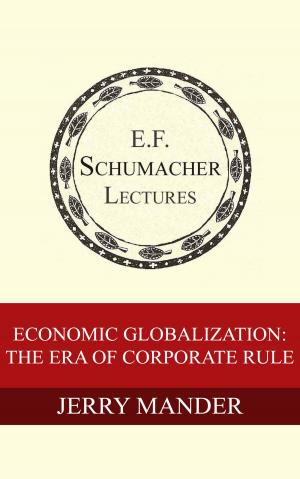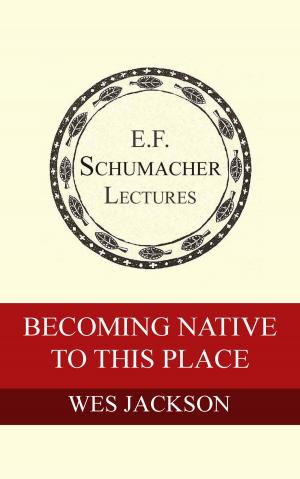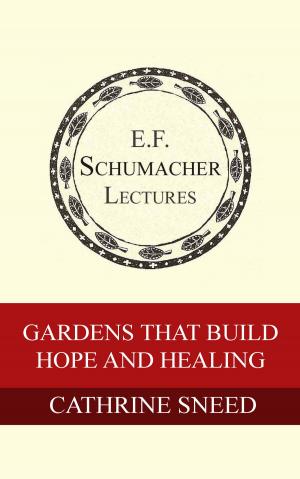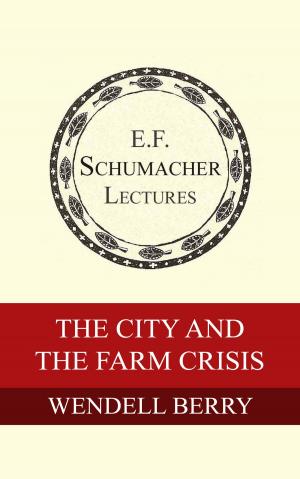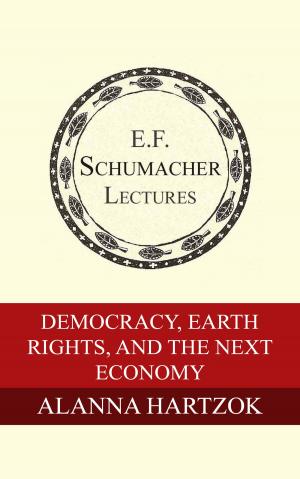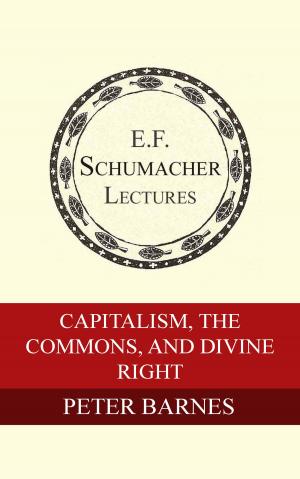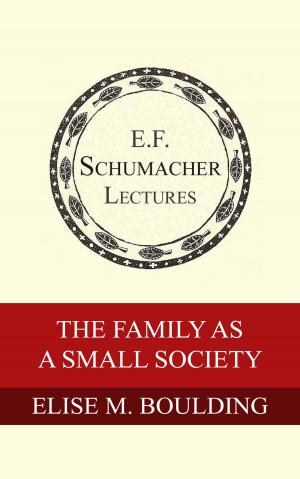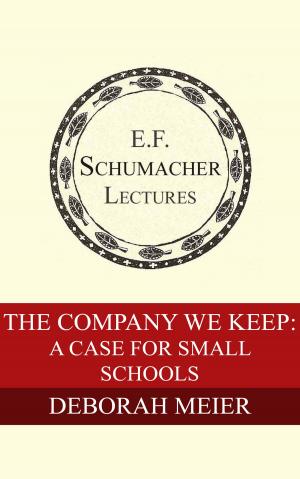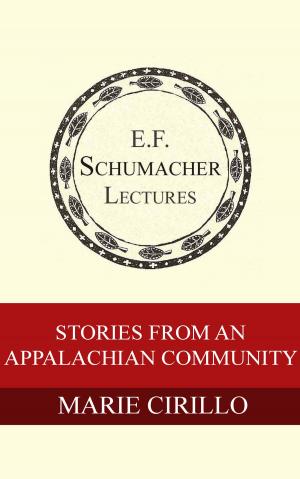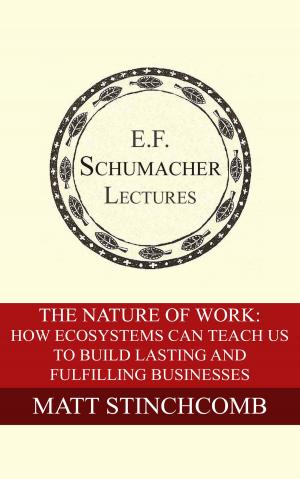| Author: | Wes Jackson, Hildegarde Hannum | ISBN: | 1230000210547 |
| Publisher: | Schumacher Center for a New Economics | Publication: | October 25, 1981 |
| Imprint: | Language: | English |
| Author: | Wes Jackson, Hildegarde Hannum |
| ISBN: | 1230000210547 |
| Publisher: | Schumacher Center for a New Economics |
| Publication: | October 25, 1981 |
| Imprint: | |
| Language: | English |
The collection of lectures and publications from the Schumacher Center for a New Economics represents some of the foremost voices on a new economics.
Wes Jackson points to agriculture—in particular to the methods of till agriculture, which cause soil loss and destroy the soil's water-holding capacity—as our "number one environmental problem, aside from nuclear war" (and today he would undoubtedly add global warming). As practiced, modern agriculture undercuts the very basis of its own existence and thus jeopardizes the future of the human population. At the Land Institute in Salina, Kansas, Jackson and others are working toward a sustainable system of agriculture based on patches (rather than fields) of perennials (rather than annuals), a system "that is at once self-renewing like the prairie or forest and yet capable of supporting the current human population." He urges that we stop using the reductionist language of science and economics in our studies and applications of ecology and instead use language and metaphors that spring directly from nature.
The collection of lectures and publications from the Schumacher Center for a New Economics represents some of the foremost voices on a new economics.
Wes Jackson points to agriculture—in particular to the methods of till agriculture, which cause soil loss and destroy the soil's water-holding capacity—as our "number one environmental problem, aside from nuclear war" (and today he would undoubtedly add global warming). As practiced, modern agriculture undercuts the very basis of its own existence and thus jeopardizes the future of the human population. At the Land Institute in Salina, Kansas, Jackson and others are working toward a sustainable system of agriculture based on patches (rather than fields) of perennials (rather than annuals), a system "that is at once self-renewing like the prairie or forest and yet capable of supporting the current human population." He urges that we stop using the reductionist language of science and economics in our studies and applications of ecology and instead use language and metaphors that spring directly from nature.
